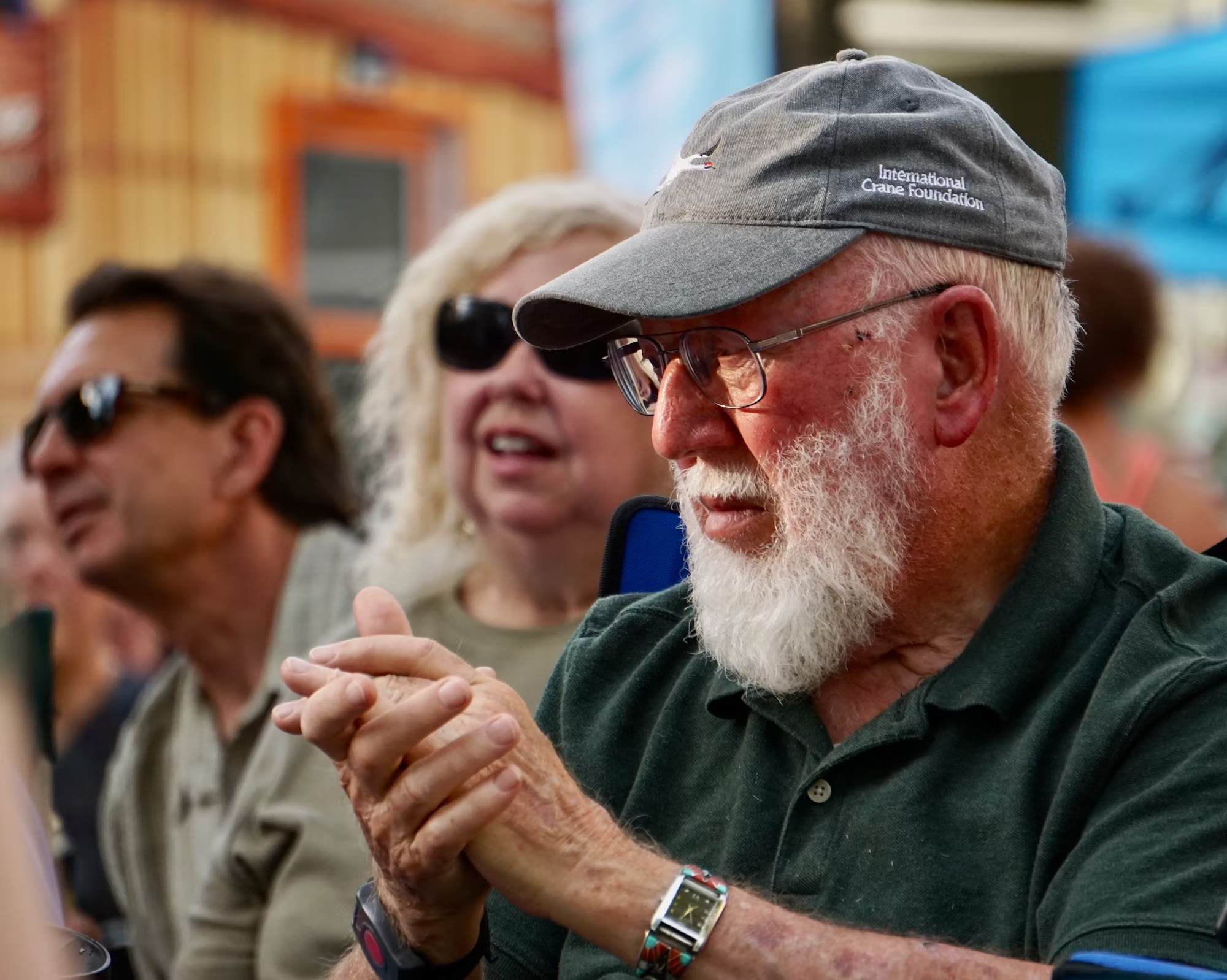Concert promotion is a vital yet often overlooked aspect of the music industry. Behind every successful live music event lies a complex web of planning, coordination, and creativity. From securing venues and artists to marketing the event and ensuring an unforgettable experience for attendees, concert promoters play a crucial role in bringing music to life. In this article, we will delve into the art of concert promotion, exploring the various stages of planning a concert and the strategies that make events memorable.
Understanding the Role of a Concert Promoter
A concert promoter is essentially the architect of live music events. Their responsibilities encompass a wide range of tasks, including booking artists, negotiating contracts, managing budgets, and coordinating logistics. A successful promoter must possess a deep understanding of the music industry, excellent organizational skills, and a flair for marketing.
Promoters often act as the bridge between artists, venues, and audiences. They work closely with musicians and their management teams to negotiate performance fees and schedules, ensuring that all parties are aligned. Additionally, they must assess the target audience for each event, tailoring their promotional efforts to reach the right demographics.
Securing the Right Venue
One of the first steps in concert promotion is selecting the right venue. The choice of venue can significantly impact the overall success of the event. Factors to consider include location, capacity, acoustics, and ambiance. A venue should resonate with the genre of music being performed and the preferences of the target audience.
For example, an intimate acoustic show may be best suited for a small coffeehouse or bar, while a large rock concert would require a stadium or amphitheater. Promoters often scout various locations, evaluating them not only for their physical attributes but also for their logistical feasibility, such as accessibility and available amenities.
Booking Artists: The Heart of Concert Promotion
Booking artists is perhaps the most critical component of concert promotion. Promoters must identify the right talent that will draw audiences while staying within budget. This process often involves extensive networking and negotiation, as artists may have specific requirements and expectations.
Successful promoters often have established relationships with artists, agents, and managers, facilitating smoother negotiations. They must be knowledgeable about current trends in the music industry, identifying emerging artists as well as established names that can attract ticket sales. By curating a compelling lineup, promoters can create a sense of anticipation and excitement around the event, ensuring higher attendance.
Marketing and Promotion Strategies
Once the venue and artists are secured, the next phase involves marketing the event. Effective promotion is essential to generate buzz and drive ticket sales. Promoters use a combination of traditional and digital marketing strategies to reach potential audiences.
Social media platforms, email marketing, and influencer partnerships have become integral tools for concert promotion. Engaging content, such as behind-the-scenes videos, artist interviews, and countdowns to the event, can create excitement and encourage ticket purchases. Collaborating with local influencers and bloggers can further amplify reach, particularly among younger audiences who are active on social media.
Additionally, traditional methods like posters, flyers, and radio advertisements remain valuable. A well-rounded marketing campaign often combines these various strategies to maximize visibility and engagement.
Creating an Unforgettable Experience
A successful concert is more than just music; it’s an experience. Promoters must consider every aspect of the event, from the moment attendees arrive to the final encore. This includes everything from crowd management and security to merchandising and concessions.
Event logistics play a significant role in ensuring a smooth experience. Promoters must coordinate with venue staff, sound engineers, and security personnel to create an atmosphere where both artists and audiences feel comfortable and engaged. Clear communication and effective planning are essential to address potential challenges and ensure a seamless event.
Embracing Innovation in Concert Promotion
The landscape of concert promotion is continuously evolving. Advances in technology have opened new avenues for promoters to engage with audiences. For instance, virtual reality (VR) and augmented reality (AR) are beginning to shape live music experiences, allowing fans to engage with performances in immersive ways.
Moreover, live streaming concerts have become increasingly popular, especially in recent years. This technology allows fans who may not be able to attend in person to experience the concert remotely. By offering virtual tickets, promoters can reach a broader audience, enhancing revenue potential and fan engagement.
Overcoming Challenges in Concert Promotion
While the world of concert promotion is exciting, it is not without its challenges. Factors such as budget constraints, competition, and unforeseen circumstances can complicate the planning process. Promoters must remain adaptable and prepared to tackle these issues head-on.
For example, adverse weather conditions can impact outdoor events, necessitating contingency plans to ensure the safety of attendees and artists. Similarly, fluctuations in ticket sales may require last-minute marketing pushes or changes to the event structure to enhance attendance.
Building a Community Around Concerts
A successful concert is often about building a community. Promoters have the opportunity to foster a sense of belonging among attendees, encouraging them to return for future events. Engaging with fans before, during, and after the concert can create lasting relationships and brand loyalty.
Encouraging social media interaction, gathering feedback, and hosting post-event meet-and-greets can enhance this community feel. By prioritizing audience experience and engagement, promoters can cultivate a dedicated fan base that looks forward to future events.
Conclusion
The art of concert promotion is a multifaceted endeavor that combines creativity, strategy, and a deep understanding of the music industry. From securing venues and booking artists to crafting memorable experiences and navigating challenges, promoters play a crucial role in bringing live music to audiences. As technology and cultural dynamics continue to evolve, the landscape of concert promotion will adapt, providing exciting new opportunities for artists and fans alike. Ultimately, successful concert promotion is about creating unforgettable experiences that resonate with audiences long after the final note has been played.





